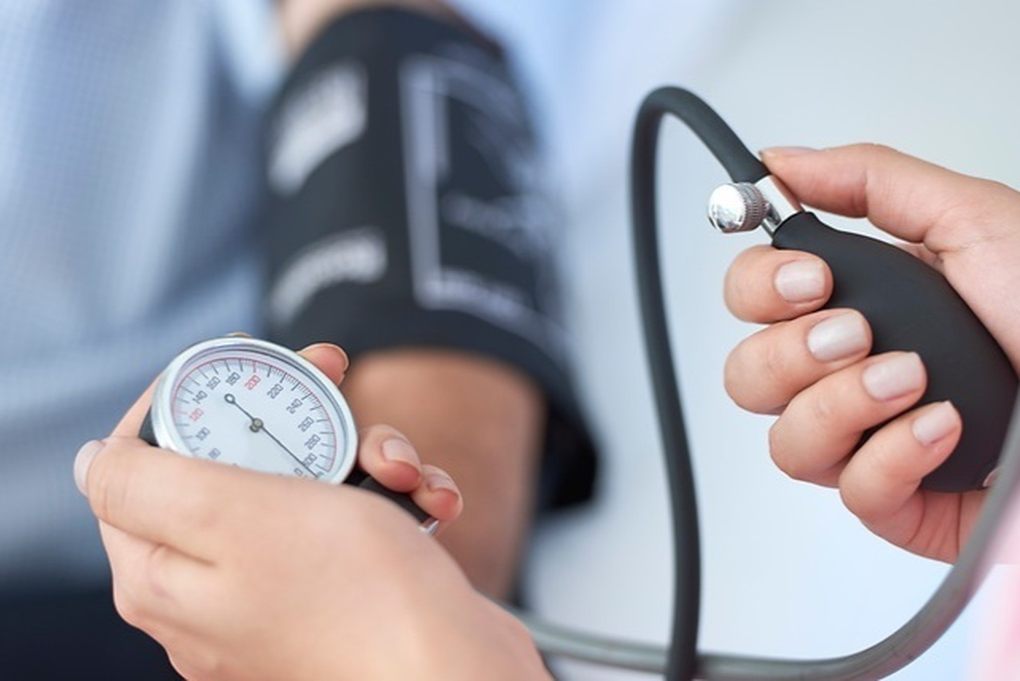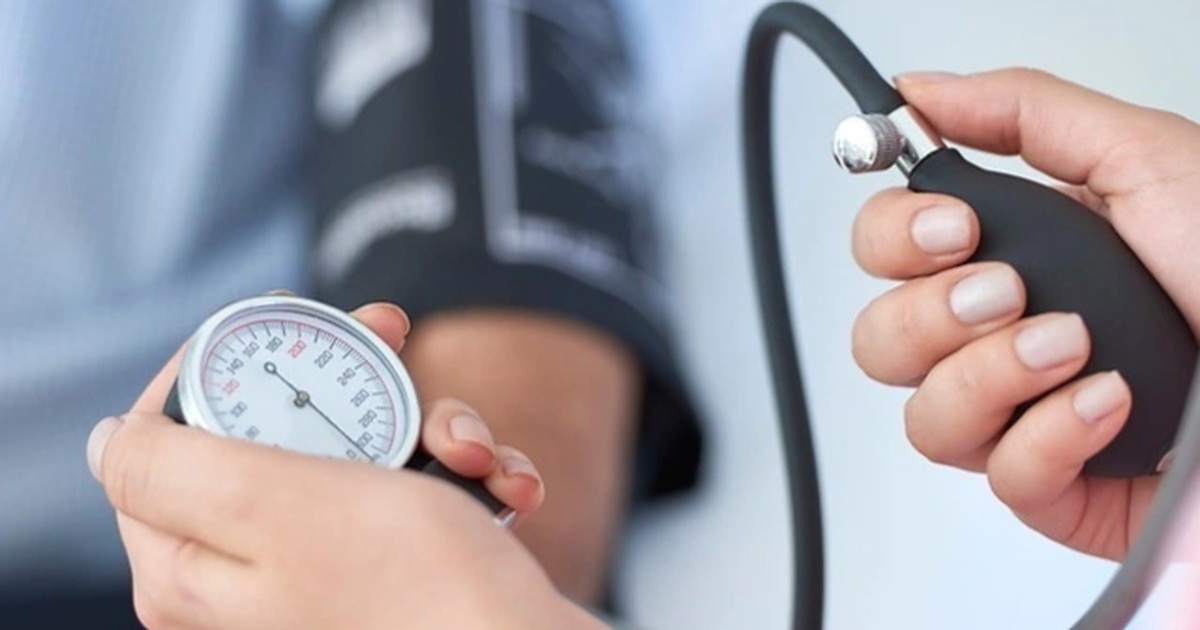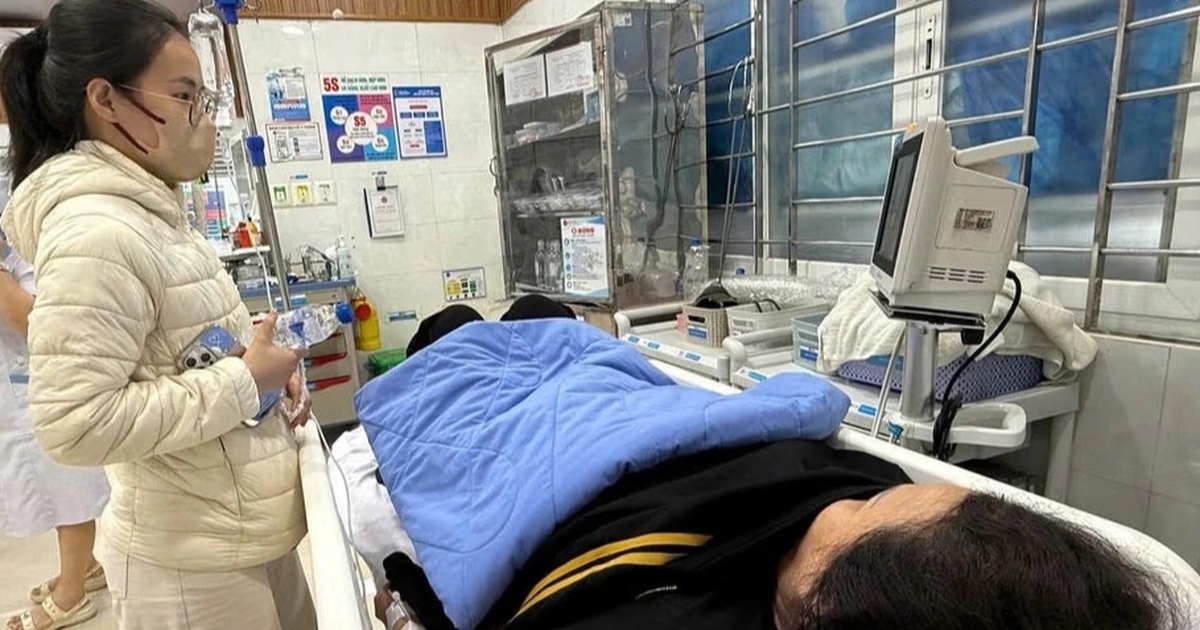According to Professor Dr. Nguyen Thi Thu Hoai, Director of the National Cardiovascular Institute, the Tet holiday is a time when daily routines and eating habits often change. This not only affects ordinary people but also poses significant risks for heart patients. To ensure a healthy and joyful Tet, here are some important guidelines that patients should follow.
Adhere to Medication Regimens
Following the prescribed medication regimen is the top priority for maintaining the health of heart patients during Tet. Patients need to take their medications on time, without skipping or altering doses, even if they are busy.
 Heart patients need to monitor their blood pressure daily
Heart patients need to monitor their blood pressure daily
Heart patients should track their blood pressure daily to maintain good health (Photo: Getty).
Many hypertensive patients who have stabilized with medication often become complacent and think that missing a few doses won’t cause harm. However, this can lead to serious complications.
Follow a Scientific Diet
A balanced diet plays a crucial role in managing cardiovascular diseases. Patients should avoid foods high in saturated fats like fatty meats and fried foods, limit sugary snacks, and reduce salt intake. Traditional dishes such as pickled vegetables, radishes, sticky rice cakes, and glutinous rice cakes can cause water retention and increase the burden on the heart.
Alcohol should be consumed in moderation, as it can raise blood pressure and disrupt heart rhythms. Patients should balance their fluid intake to prevent edema while avoiding dehydration or hypotension.
Patients on anticoagulant medication should avoid foods rich in vitamin K (such as green leafy vegetables and broccoli), as these can reduce the effectiveness of their medication.
Control Emotions
Strong emotions, whether positive or negative, can negatively affect heart health. Patients should stay calm and avoid excessive stress or anxiety. This helps stabilize blood pressure and reduces the risk of symptom recurrence.
Maintain Physical Activity
Light physical activities such as walking, yoga, or moderate exercise are essential for heart patients. However, strenuous activities like mountain climbing or heavy lifting should be avoided. Maintaining a regular exercise routine, even during Tet, will improve overall health.
Be Aware of Weather Conditions
Cold weather during Tet can impact heart health. Patients should dress warmly when going outside and avoid sudden temperature changes between hot and cold environments.
Prevent Accidents
Due to the use of antiplatelet or anticoagulant medications, heart patients are at higher risk of bleeding. Therefore, they should be cautious to avoid falls or activities that may cause injury.
Monitor Health Symptoms
If patients experience unusual symptoms such as prolonged fatigue, swollen feet, increased shortness of breath, or unstable blood pressure, they should contact their doctor immediately. Additionally, scheduling a check-up before or after Tet is important to ensure continuous treatment.
In case of emergency, if patients experience severe chest pain, severe shortness of breath, rapid heartbeat, or arrhythmia, they should seek medical attention at the nearest facility promptly.
Following these guidelines not only ensures a safe Tet for heart patients but also contributes to long-term health improvement. Always listen to your body and prioritize your health!


